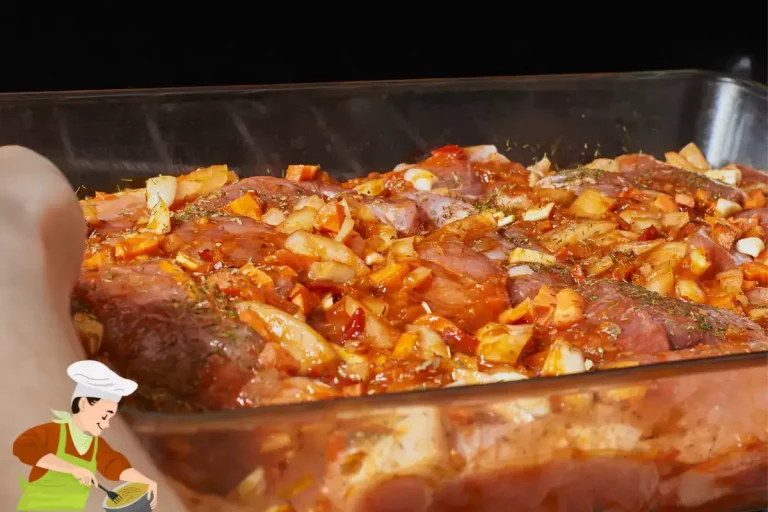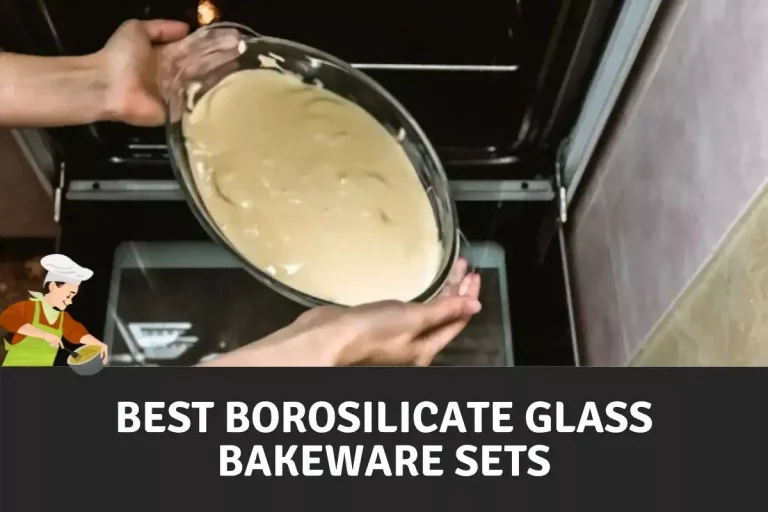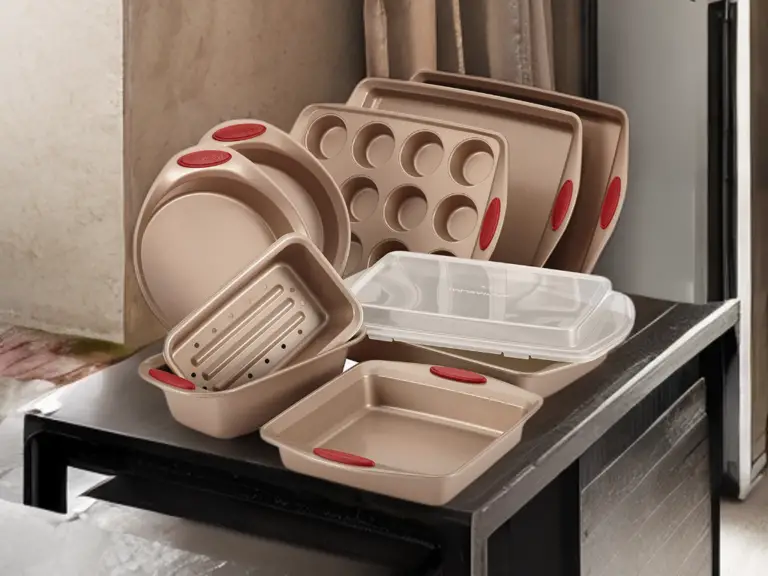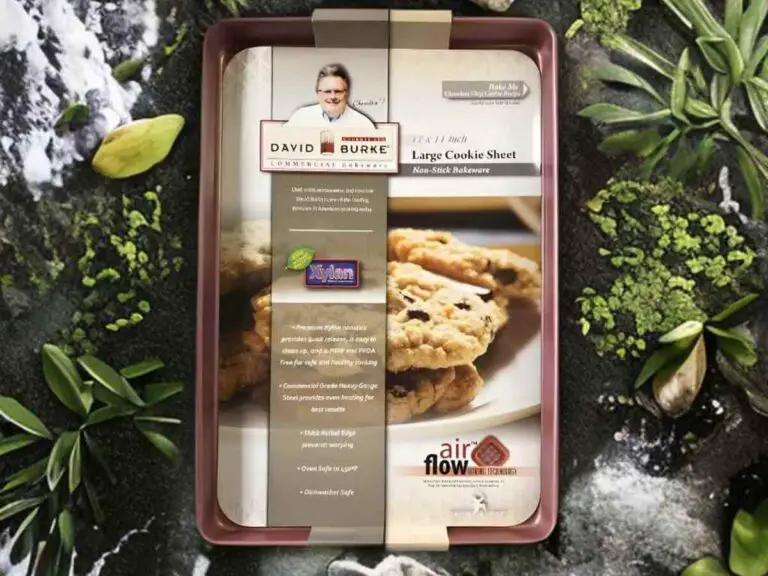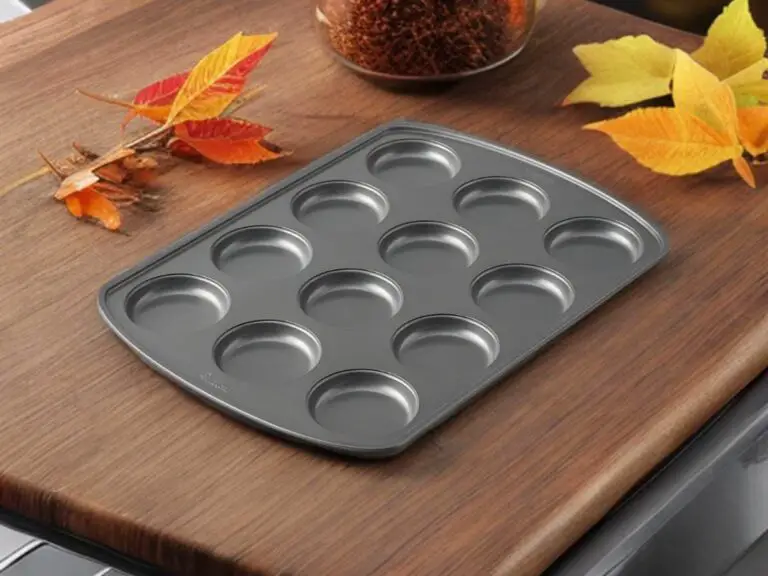Welcome to BakingBakewareSets.com, your ultimate destination for high-quality bakeware sets, tools, and expert tips. Elevate your baking game with our carefully curated selection of baking essentials, from baking sheets to cake pans and decorating tools. Learn from our team of experts as they share their knowledge and tips on how to create perfect baked goods. Shop now and become a true Bakeware Master!
Baking Facts
Bakeware Buying Guides
Bakeware Reviews
Latest Baking Facts In BakingBakewareSets
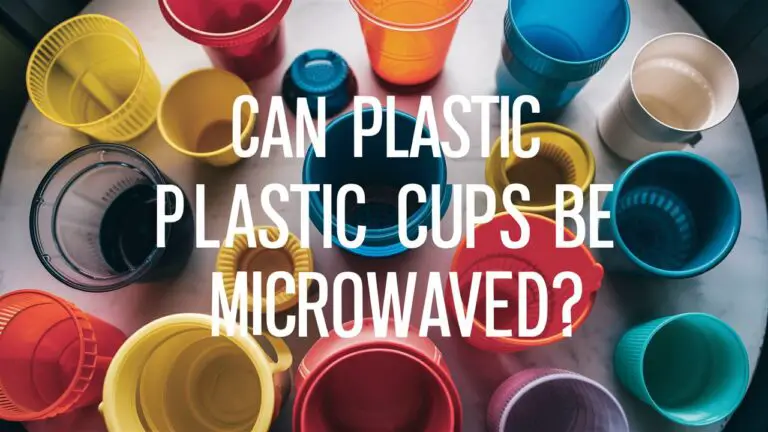
Can You Microwave Plastic Cups? Safety Concerns and Alternatives
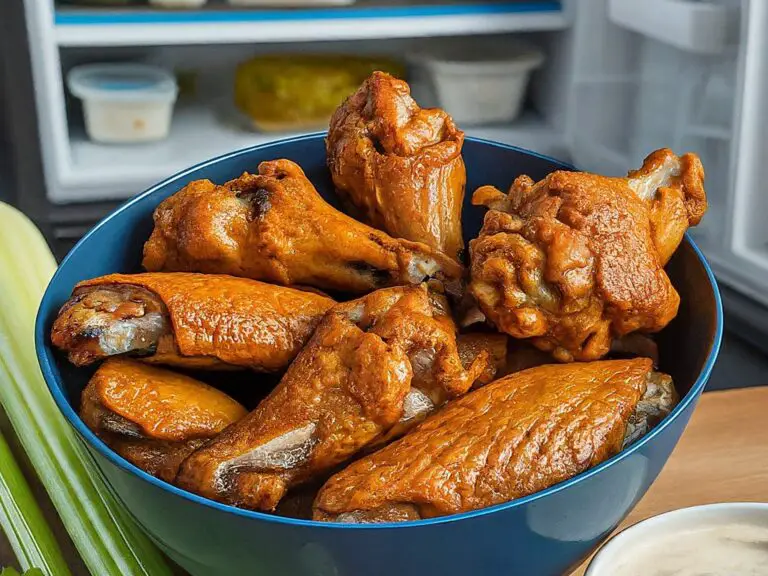
How Long Do Cooked Chicken Wings Last in the Fridge? A Guide to Safe Storage and Enjoyment
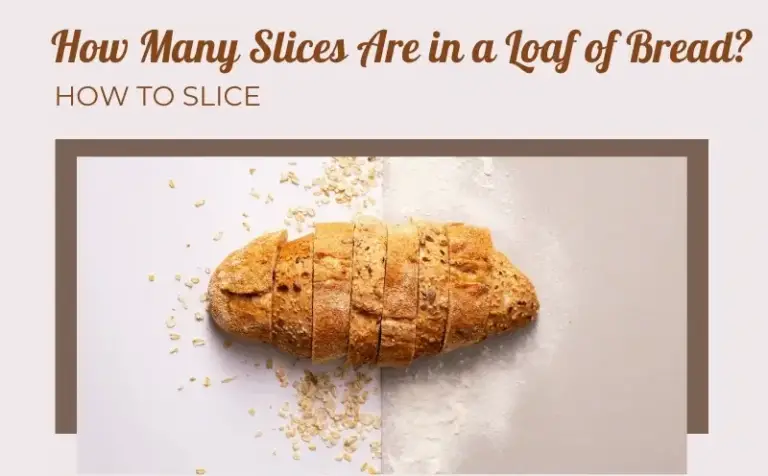
How many slices are in a loaf of bread? How to cut
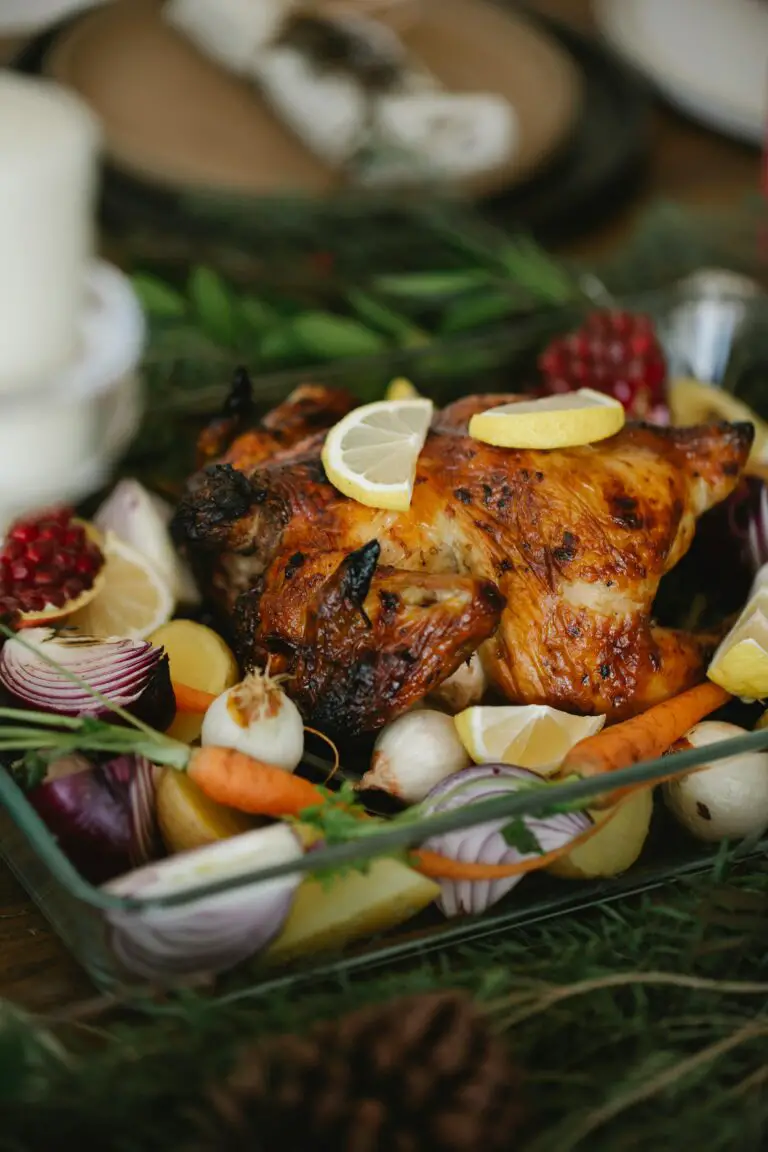
How to Cook Frozen Chicken Instant Pot Meals Like a Boss
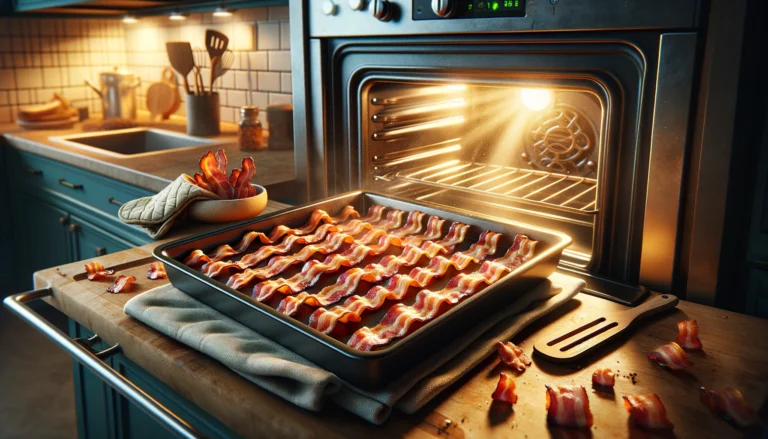
How to Cook Bacon in the Oven (Easy & Crispy)
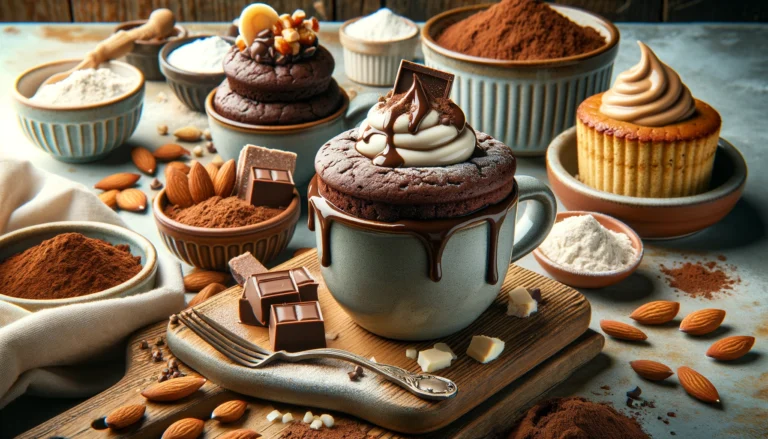
Easy Keto Mug Cake Recipes in 5 Minutes
Featured In

About Author
Richard Charpentier is the founder and CEO of Baking Innovation, a company that helps clients create new and exciting products using ancient techniques, clean label ingredients, and emerging technologies. He is a certified master baker, a bakery scientist, a grain miller, and a food historian with over 35 years of experience in the baking industry. He is also a columnist for Baking & Snack magazine and a classically trained French baker. He loves to innovate and inspire the baking community by exploring the history and evolution of bread.


